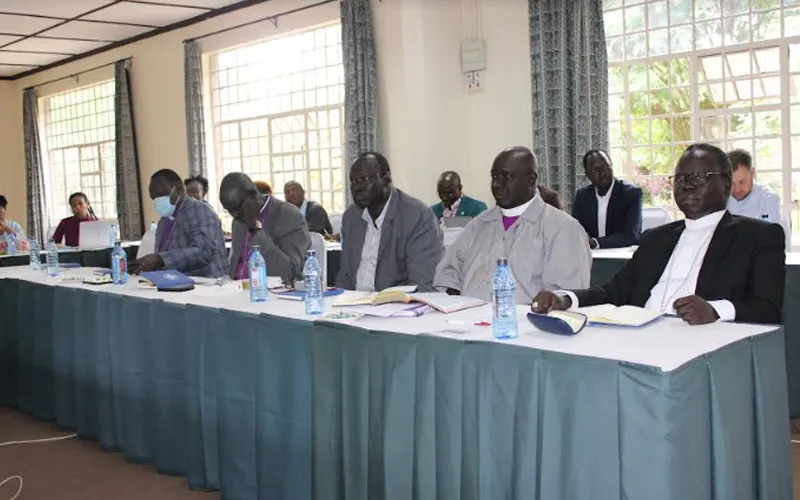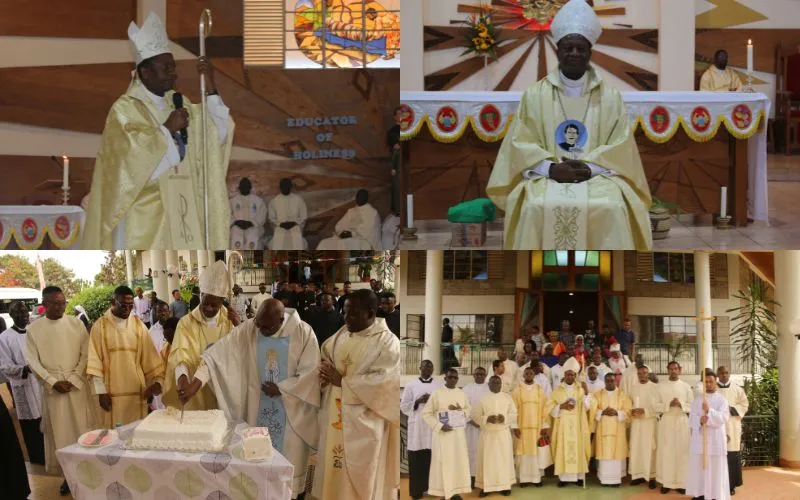Juba, 30 April, 2022 / 9:40 pm (ACI Africa).
Members of the South Sudan Council of Churches (SSCC) have, in a collective statement, made known their recommitment “to continue working for peace and justice” in the East-Central African country through the Action Plan for Peace (APP).
Described as a “position paper on a peaceful resolution to the conflicts in South Sudan”, APP is a church-led multi-year strategic plan for peace and reconciliation. It seek to comprehensively address the root causes and long-term effects of conflict in South Sudan; it identifies three areas of action that directly contribute to and complement the implementation of the peace agreement and community peace processes.
In the Friday, April 29 statement issued after their April 26-29 meeting in Lukenya, Kenya, SSCC members say they have “reviewed the peace-building efforts of the Church and others and have prayerfully discerned our way forward.”
“Seven years after the historic Church leaders' retreat in Kigali in June 2015 we, the current Church leaders of South Sudan, recommit ourselves and our Church to continue working for peace and justice in our beloved nation through the medium of our Action Plan for Peace (APP),” the representatives of church leaders in South Sudan say in their April 29 statement.
They add, “We recognize that peace and justice will not come about through technical and political mechanisms alone, but through transformation of the hearts of our leaders and the people.”








